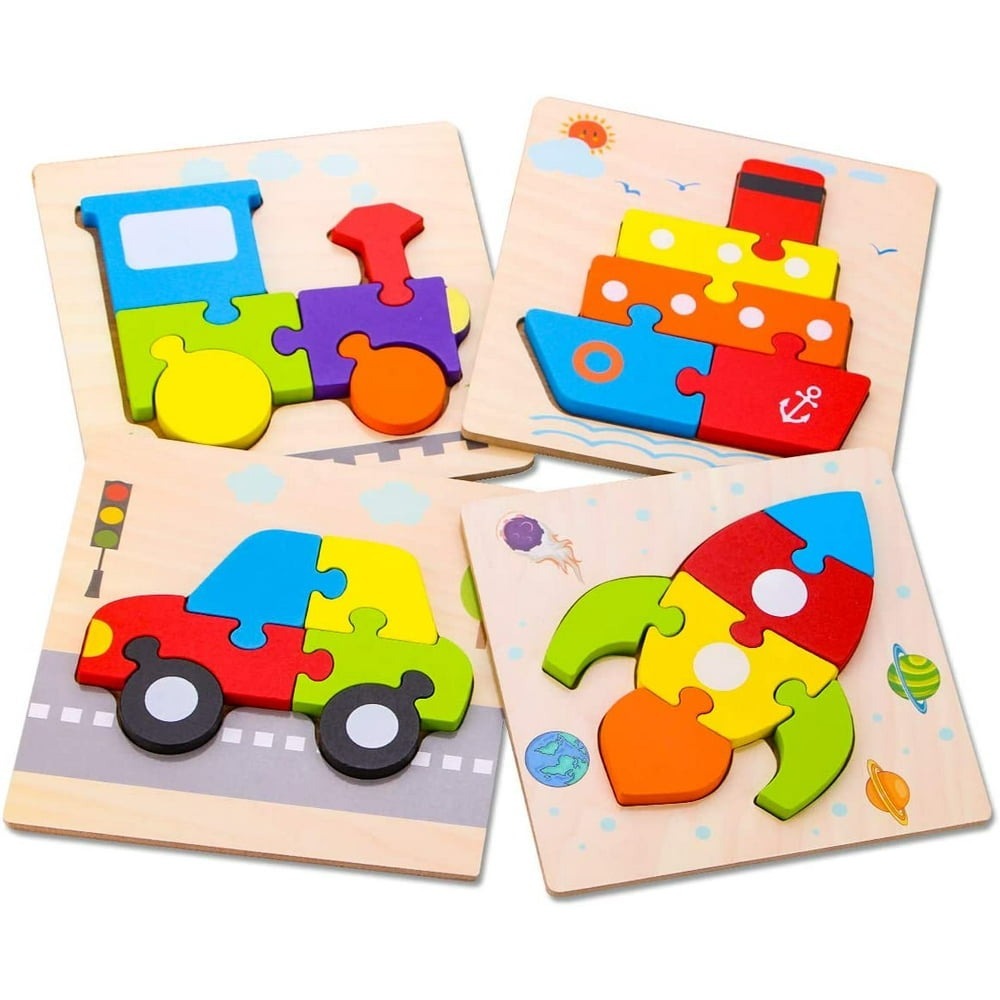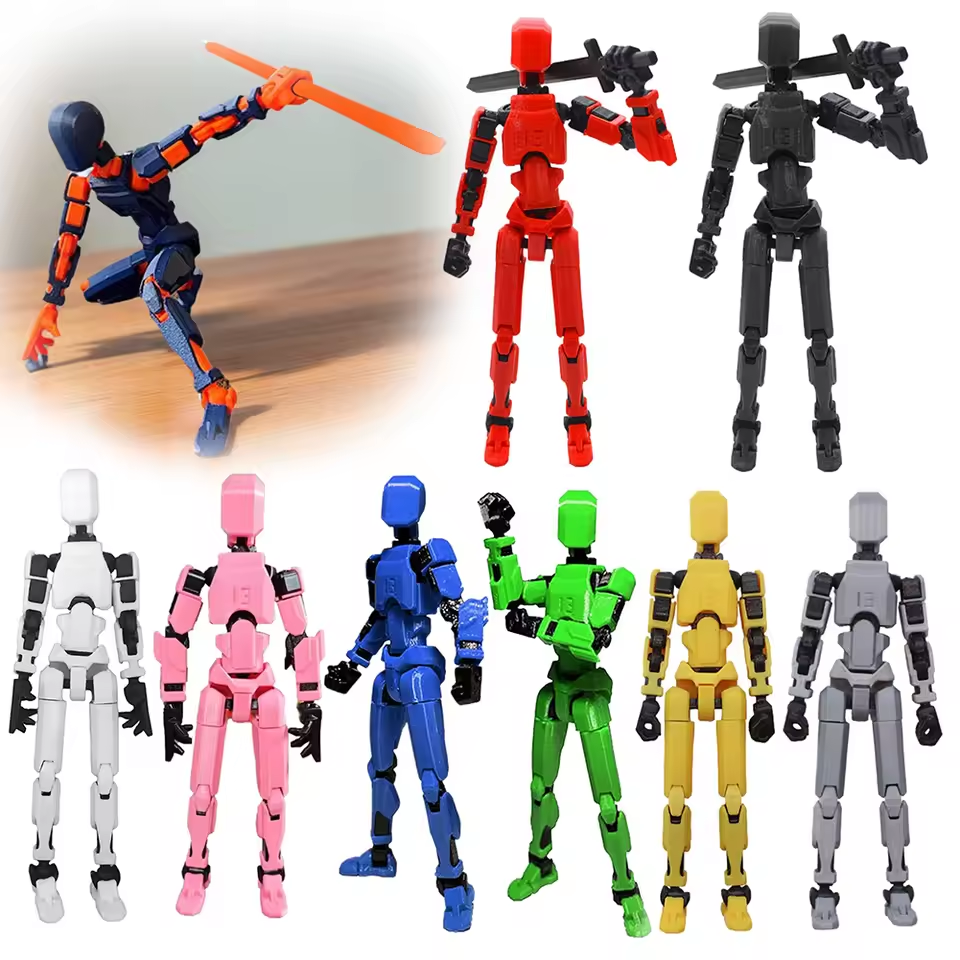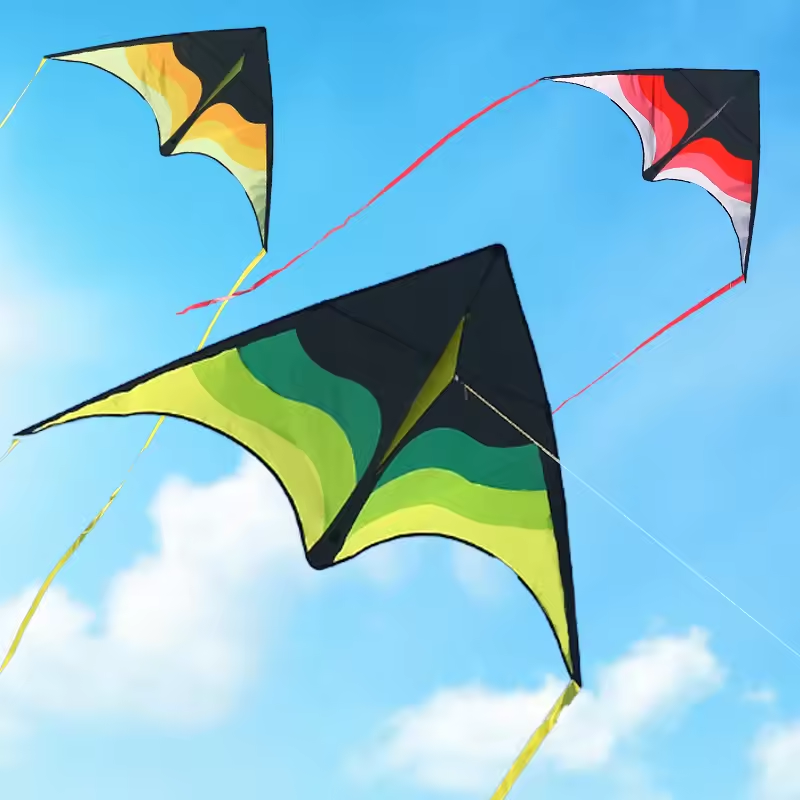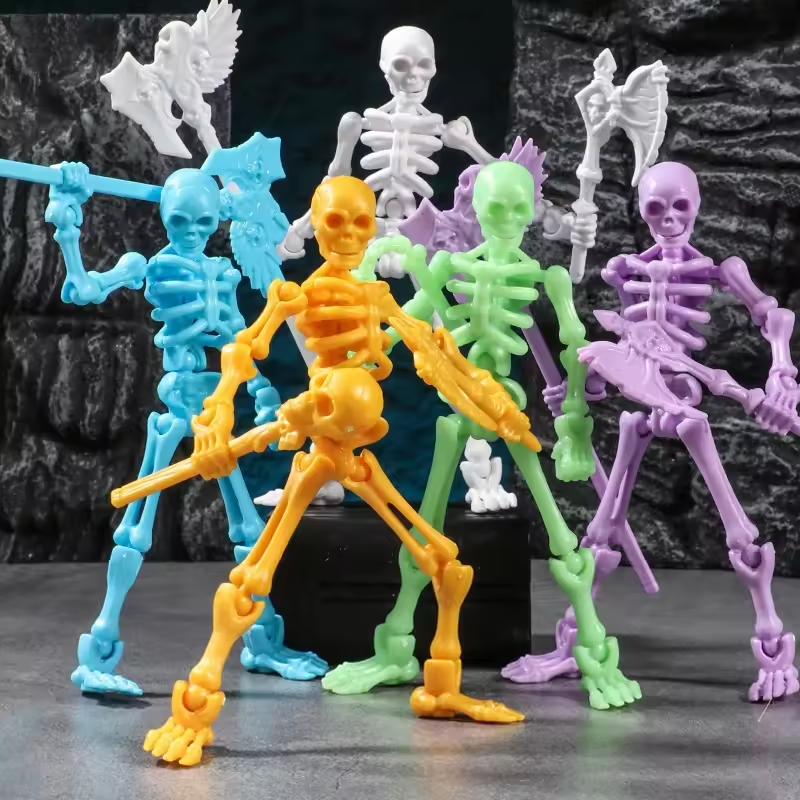The Ultimate Guide to Educational Toys for 2-Year-Olds: Promoting Learning Through Play
In the dynamic world of childhood development, play is a key component. For parents and caregivers, understanding the value of educational toys for 2-year-olds can greatly impact a child’s early learning journey. At this age, toddlers are sponges. They absorb knowledge at an incredible rate, making it the perfect time to introduce toys that stimulate curiosity and growth.
Educational toys serve a multifaceted purpose. They are designed not only to entertain but also to foster essential developmental skills. Prioritizing educational toys can significantly enhance your child’s cognitive, social, and physical growth. This article will explore the various dimensions of educational toys, their benefits, and provide you with a comprehensive guide to choosing the right ones for your toddler.
What Are Educational Toys for 2-Year-Olds?
Educational toys for 2-year-olds are specially crafted to support learning at this critical developmental stage. These toys come in various forms—from building blocks to art supplies—and are designed to engage young minds. They emphasize interactivity, encouraging toddlers to explore, experiment, and learn through play.
Primary Functions of Educational Toys
The primary function of educational toys is to enhance learning while having fun. This can include:
– Promoting Cognitive Skills: Toys that involve puzzles, shapes, or colors help children recognize patterns and improve problem-solving skills.
– Encouraging Fine Motor Development: Toys that require manipulation—such as stacking blocks or stringing beads—aid in developing the small muscles in a child’s hands and fingers.
– Fostering Social Interaction: Many educational toys encourage group play, helping toddlers develop communication skills and learn how to cooperate with others.
As you select toys for your young child, look for those that provide hands-on experiences. Engaging in activities that require concentration, creativity, and critical thinking will yield developmental rewards.
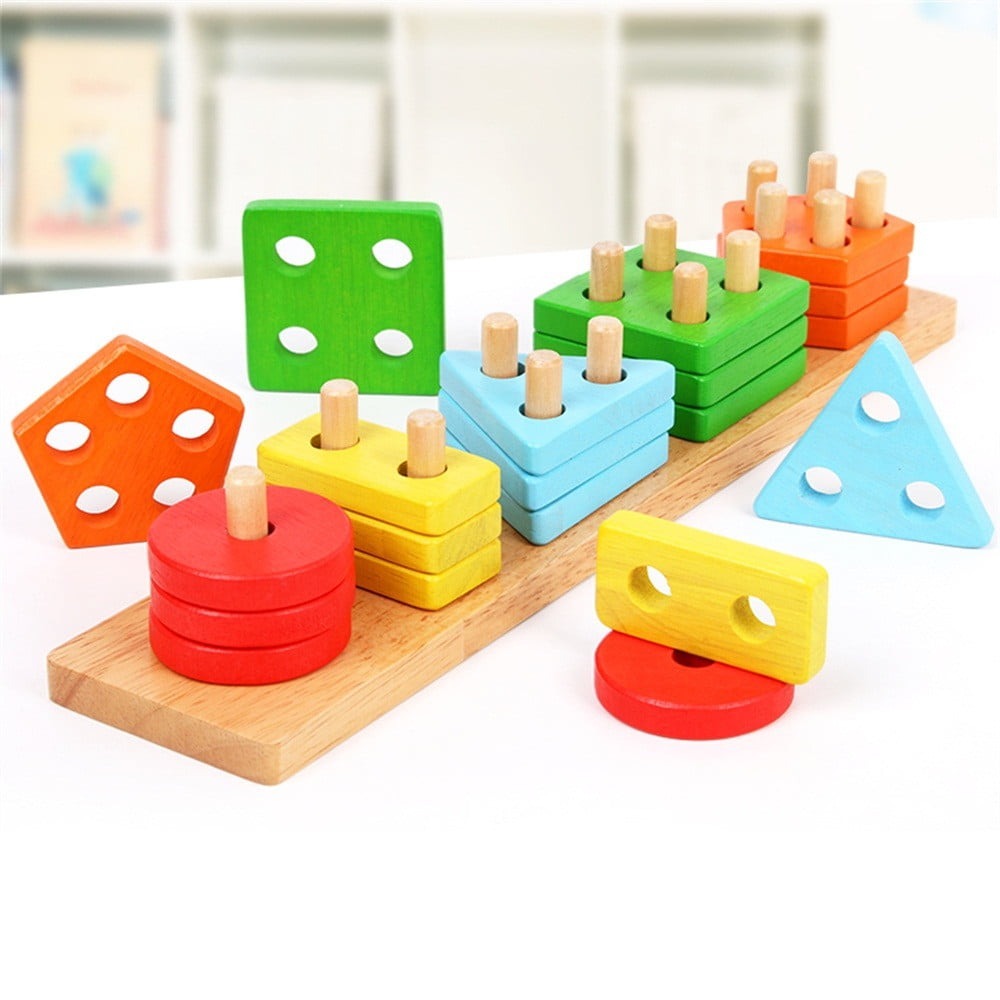
Importance of Play in Early Childhood Learning
Play is not just a form of entertainment; it’s a fundamental aspect of early childhood learning. The connection between play and learning in toddlers cannot be overstated. This is because play offers numerous developmental benefits that shape a child’s future.
Contributions to Developmental Skills
1. Cognitive Development: During play, toddlers are challenged to think, reason, and make decisions. They explore different outcomes, learn cause and effect, and improve their problem-solving abilities.
2. Social Development: Group play provides opportunities for children to interact with peers. Through sharing, taking turns, and cooperative play, toddlers develop essential social skills.
3. Physical Development: Many educational toys encourage physical activity, which is vital for gross motor skill development. Activities like climbing, running, and jumping support overall health and coordination.
4. Emotional Development: Play allows toddlers to express their feelings and learn about empathy through role-playing scenarios. This emotional intelligence is crucial as they grow.
By recognizing the importance of play in early childhood, parents can make informed decisions about toy selection. Choosing educational toys that promote learning through play is an investment in a child’s future development.
Best Educational Toys for 2-Year-Olds
Finding the perfect educational toys can be simple when you know what to look for. Here is a curated list of the best educational toys for 2-year-olds, complete with descriptions of their features and learning benefits.
1. Building Blocks
Building blocks are a classic educational toy that fosters creativity and spatial awareness. They come in various sizes and materials, allowing toddlers to explore stacking, balancing, and constructing. These activities enhance fine motor skills and promote problem-solving as children figure out how to build stable structures.
2. Shape Sorters
Shape sorters teach toddlers about different shapes and colors while enhancing cognitive skills. As children match shapes to their corresponding holes, they develop hand-eye coordination and problem-solving abilities. Search for toys made from durable materials to ensure safety during play.
3. Musical Instruments
Simple musical instruments, such as xylophones or drums, introduce toddlers to the world of music. Engaging with musical toys fosters creativity while developing auditory skills and rhythm. Additionally, they provide an excellent outlet for self-expression.
4. Art Supplies
Art supplies, such as washable markers, crayons, and large sheets of paper, encourage creativity and fine motor skill development. As children color and draw, they explore their imaginations while improving hand coordination. Look for non-toxic and age-appropriate art materials to ensure safety.
5. Interactive Storybooks
Books with interactive elements encourage reading while keeping toddlers engaged. Look for options with flaps, textures, or sounds to enhance the reading experience. Reading together also fosters language development and strengthens the parent-child bond.
6. Puzzles
Simple puzzles with large pieces are excellent for developing problem-solving skills. They enhance cognitive development and promote hand-eye coordination as toddlers learn to fit pieces together. Choose puzzles that feature familiar animals, shapes, or colors to make the experience enjoyable.
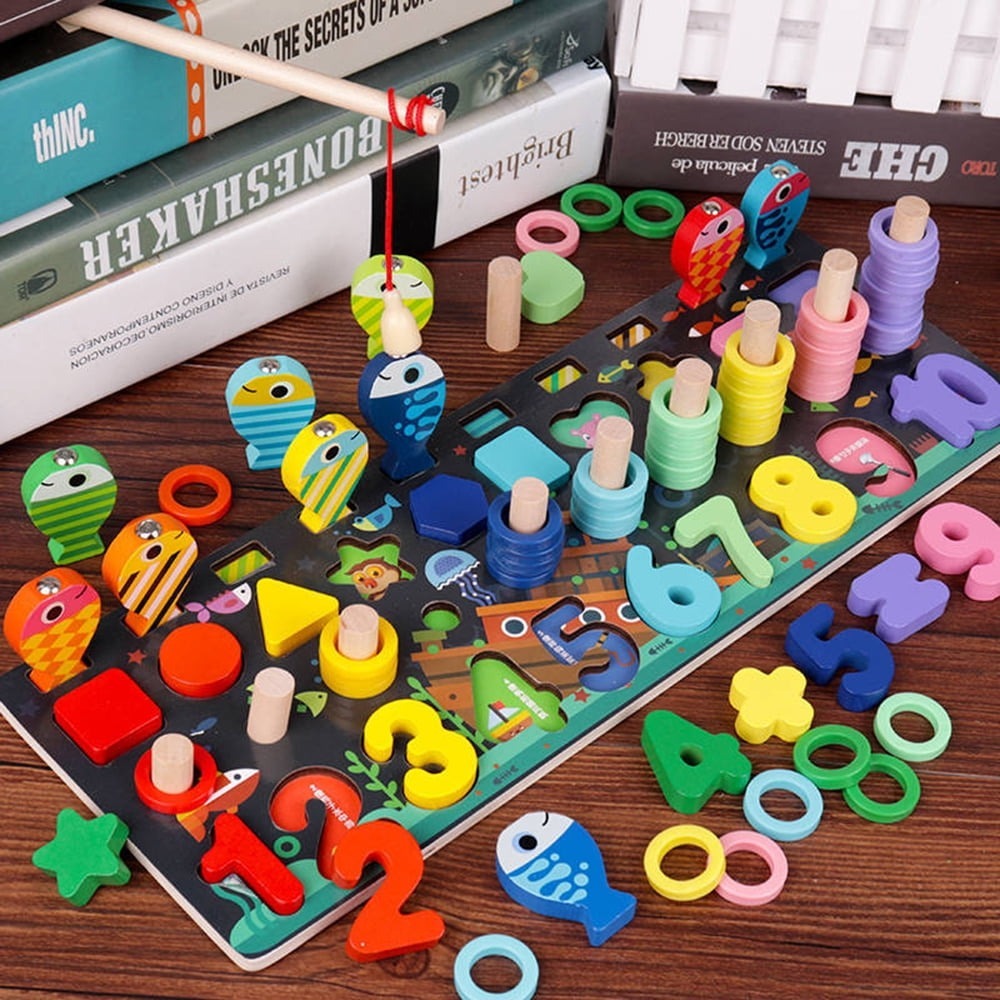
Developmental Benefits of Educational Toys
Engaging with educational toys for 2-year-olds offers numerous lifelong benefits. Here are the primary developmental skills nurtured through play:
1. Fine Motor Skills
Educational toys like building blocks, shape sorters, and art supplies require manipulation, which strengthens fine motor skills. Grasping, stacking, and drawing contribute to improved dexterity and coordination essential for writing and other daily tasks.
2. Problem-Solving Skills
Toys like puzzles and shape sorters encourage trial and error, teaching children to think critically and come up with solutions. These problem-solving skills transfer to academic scenarios as they grow and face new challenges.
3. Social Skills
Playing with peers fosters social skills. Children’s interactions during cooperative play teach essential values like sharing, patience, and empathy. These skills are foundational for building relationships throughout life.
4. Language Development
Playing with educational toys offers ample opportunities for parents and caregivers to engage in conversations with toddlers. Naming objects, encouraging storytelling, and asking questions promote vocabulary growth and comprehension skills.
5. Imagination and Creativity
Art supplies, building sets, and role-play toys cultivate creative thinking. Encouraging your child to express themselves through imaginative play supports their emotional development and ability to think outside the box.
How to Choose the Right Educational Toys
As a parent or caregiver, choosing the appropriate educational toys for your child can greatly influence their learning outcomes. Here are some tips to help you select the right toys:
1. Consider Interests
Observe your child’s interests to guide your toy selection. If they are drawn to music, consider musical instruments. If they enjoy building, select construction toys. Engaging toys will keep their attention longer and promote meaningful play.
2. Match Developmental Stage
Choose toys that align with your child’s developmental stage. Look for toys labeled for toddlers or specific age ranges. Ensure the toys are challenging enough to promote learning without causing frustration.
3. Prioritize Safety Features
Safety is imperative when choosing toys for toddlers. Ensure that toys are free from sharp edges, small parts, and toxic materials. Always check for safety certifications like ASTM and EN71 to verify compliance with safety standards.
4. Durability and Quality
Select toys made from durable materials that can withstand rough usage. High-quality toys will last longer, providing more extended benefits and enjoyment for your child.
5. Encourage Open-Ended Play
Opt for toys that encourage creativity and open-ended play. These toys allow for endless possibilities and encourage children to explore and imagine freely.
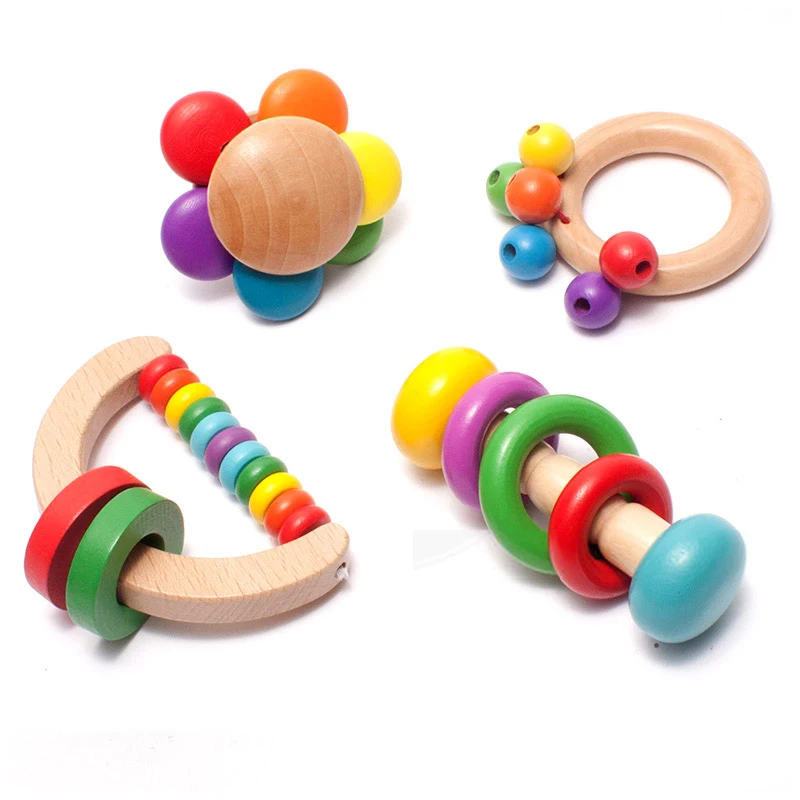
Safety Considerations for Toddler Toys
Safety should be a top priority when selecting educational toys for 2-year-olds. Here are some essential safety factors to keep in mind:
1. Check for Age Appropriateness
Always choose toys that are specifically designed for toddlers. Age-appropriate toys will have safety features aligned with the developmental abilities of children at that age, reducing the risk of choking hazards.
2. Look for Non-Toxic Materials
Ensure that the toys are made from non-toxic materials and are BPA-free. This is especially important for items that may end up in your child’s mouth.
3. Inspect Regularly
Regularly inspect toys for wear and tear. Look for loose parts or damaged surfaces that could create hazards. Discard toys that no longer meet safety standards.
4. Education on Safe Play
Teach your child about safe play practices. Explain how to use their toys properly and encourage gentle handling. Supervise playtime, especially with younger children and new toys.
Conclusion
In summary, educational toys for 2-year-olds play a vital role in a child’s development. They foster essential skills such as cognitive abilities, fine motor skills, creativity, and social interactions. By selecting high-quality, age-appropriate toys that promote learning through play, you prepare your toddler for a bright and successful future.
As you explore the world of educational toys, remember that the right toys can enrich your child’s learning experience and create lasting memories. Start your journey today by investing in educational toys that will inspire curiosity and foster development. Your child’s future starts here!
